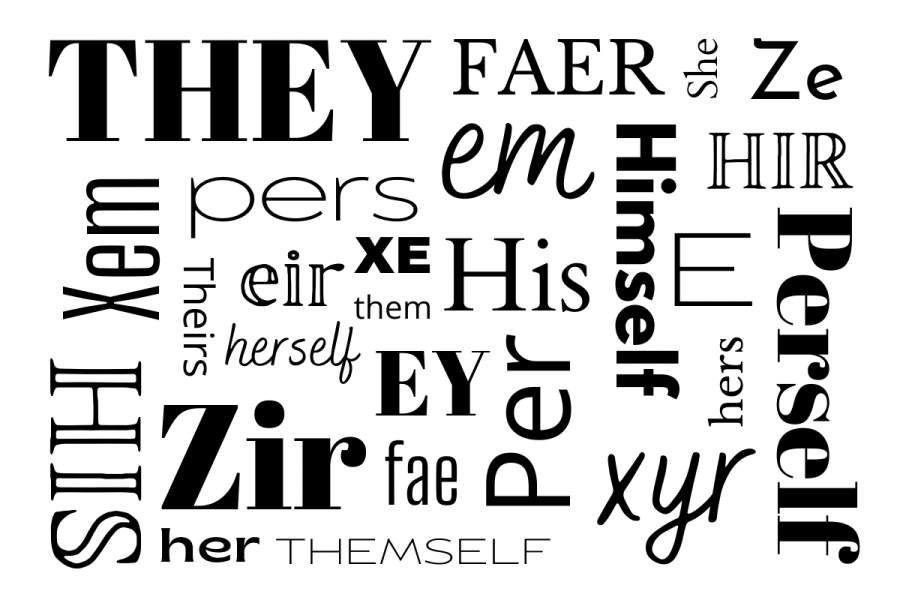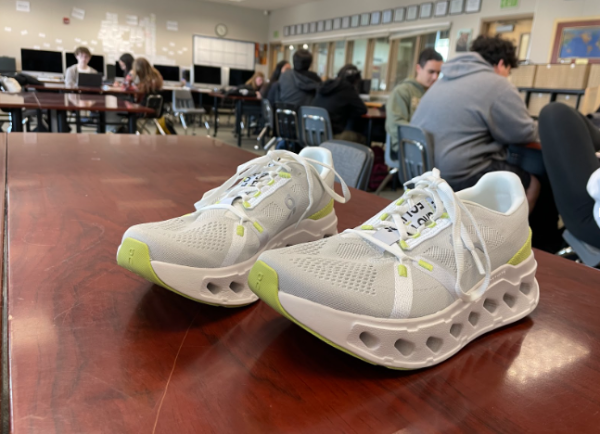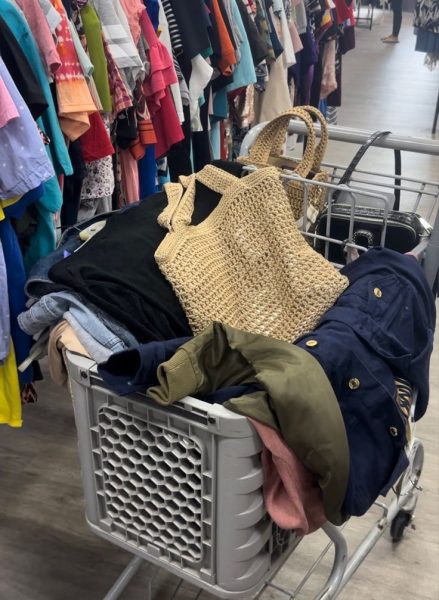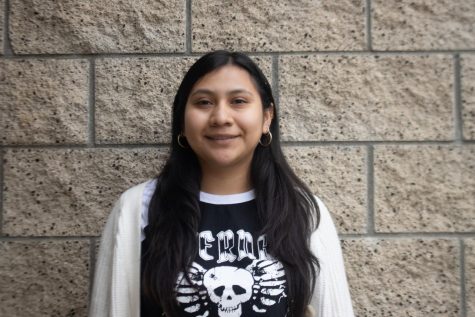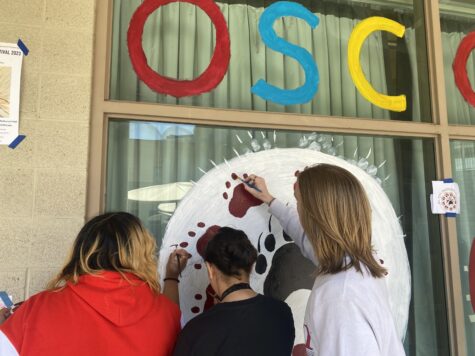The importance of personal pronouns: Why they are crucial to one’s expression and should be appropriately used
Normalizing the use of preferred pronouns, in or out of binary, should be our first priority in making sure everyone is treated respectfully.
Photo by Katelyn Mandell
Personal pronouns, as they are called, come in many different forms. Typically, people will use the pronouns that feel right to them.
Pronouns are used to refer to people and things in third person. However, when referring to people, pronouns are often gendered, with they/them being the gender-neutral exception. This then makes the use of particular pronouns an integral part of one’s gender self-expression and overall identity. Using people’s correct pronouns shows respect to their identity and helps create an inclusive environment. Some of the most common pronouns are she/her, he/him, and they/them but there are so many more. Pronouns can range from he/him to she/they; it just depends on the person’s identity and what they feel the most comfortable with.
“Allies can help normalize pronouns by asking for them when meeting someone off the bat or by making their pronouns public. It’s important to not assume pronouns because some people may not use the pronouns you think they do… it can make them uncomfortable and may damage their self image,” junior Evelyn Vasquez said.
When coming into contact with someone for the first time, make sure to ask what pronouns they use and always refrain from just assuming as it can lead to misgendering. If you aren’t sure what pronouns someone uses you can ask the following:“what pronouns do you use?”, “How would you like me to refer to you?”, “How would you like to be addressed?”, or “Can you remind me of which pronouns you like for yourself?” Never make assumptions about people’s pronouns (even if correct) because it can send a potentially harmful message that people have to look a certain way in order to justify the gender that they are or are not. Assuming can also lead to misgendering which can potentially be damaging when it comes to the person and can then lead to the development of poor mental health and a lack of self-confidence.
“It’s really important for cisgender identifying people to normalize using pronouns in their daily lives because people who don’t identify with ‘traditional’ gender categories can feel left out if they are always forced to use pronouns while people who are cisgender usually don’t have to use pronouns since they fit those conventional definitions. It can often feel discriminatory because it labels cisgender as the norm yet it’s not because that implies a very negative connotation that people who don’t fall into these traditional categories of gender are irregular,” a MHHS alumni, Lisa Nguyen said.
Transgender and non-binary people are often targeted online or in public spaces for posting and discussing their pronouns, since many believe those are the only communities who use pronouns. Although this isn’t true, anyone can use pronouns, as they align with the expression of their identity. As good allies to both the transgender and non-binary community, we must normalize the discussion of pronouns in both our public and private spaces. Remember that you don’t have to be queer to self-identify, anyone can use pronouns since they refer to your identity.
“In your zoom class it’s really easy to just edit your name and put your pronouns. Even though a lot of people aren’t going to know this, it still sends a message that you are an ally and it’s courteous really… or even putting it in your email signature or Instagram bio. It shows that we are normalizing pronoun usage… even if we fall into the cisgender category, pronouns are for anyone to use. Gender neutrality has always been common, we are trying to divert from gendered language because a lot of society was built off of these gendered concepts so it’s important to break that. It’s courteous really, to just introduce yourself with your pronouns… it helps create an inclusive environment,” Nguyen continued.
There are so many simple things that we can do as supportive allies that help normalize pronouns in our everyday lives. You can help make inclusion a daily habit by putting your pronouns in your social media bios, including your pronouns when you introduce yourself, and by respecting everyone’s pronouns.

(She/Her) Danya Rodriguez, a senior at Mission Hills High School, is currently the Features Editor for the Silvertip. She enjoys going to the farmers market,...

(She/Her) Katelyn Mandell is the Photo/Graphics Editor for the Silvertip. This is her second year in the journalism program, making her debut as a staff...

